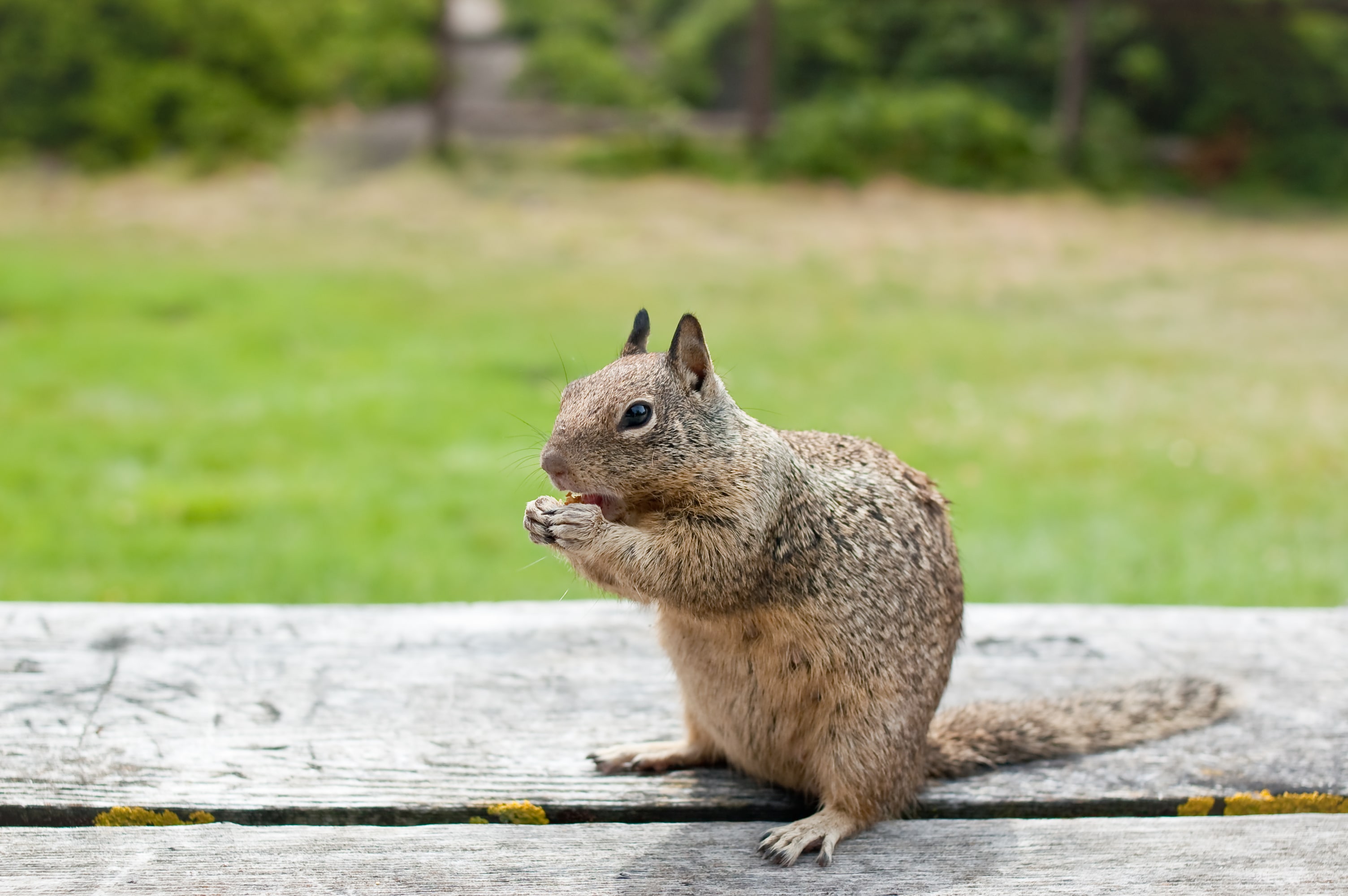Squirrels are pesky rodents. They forage in our yards and sneak into our homes when they are not welcome. As they leap from branches and climb up trees, they often carry our garden’s most prized possessions - crops. Even worse, they loudly race across our roofs and can find themselves trapped in our attics and walls. There are several tactics people have used to help keep squirrels off their property. Read below to see what tricks they’ve tried and what we recommend as an effective solution.

Hot Sauce
Hot sauce contains capsaicin, a substance that causes irritation when ingested. In particular, it causes a burning sensation in the back of your throat. Like humans, squirrels can also experience these effects. By applying hot sauce around infested areas, squirrels may ingest it. Contrary to popular belief, hot sauce does not act as a squirrel killer. Rather, squirrels may associate the burning sensation with the location in your home and be less likely to return. Effects vary from animal to animal, so there is no guarantee that hot sauce will work as a squirrel deterrent. And be aware that hot sauce can cause severe damage to your property; therefore, we recommend avoiding DIY methods like using hot sauce as squirrel repellent
Adhesive Materials: Polybutenes
Polybutenes create a sticky lubricant that can deter squirrels from scaling railings and buildings. As they walk across the material, their feet may become stuck, which could cause so much irritation that they don’t return. Just as this material is sticky for squirrels, it can be sticky for humans. Application of polybutenes may not be easy. In addition to the messiness, polybutenes have shown little effectiveness in repelling squirrels. It’s important to remember that polybutenes are chemical substances. As such, they can have toxic effects on your body if misused. It is not recommended to use polybutenes, as they may cause eye irritation.
Wraps
Wraps may help protect trees, crops or openings like vents and chimneys around your home. Wraps involve a more hands-on approach that may require you to buy, cut and connect the mesh or wire to fit the space. Depending on the size of the opening, you may need a specific material and thickness. For example, chimneys need at least a quarter-inch mesh hardware cloth. On the other hand, smaller openings around your home may need a half-inch hardware cloth. Even so, squirrels can jump up to 8 feet horizontally or 11 feet downward, so they may be able to reach openings on your home even with the wrap. Building wraps around your home without professional help can be dangerous, as you could easily fall and injure yourself.
Professional Assistance
Squirrels can overrun both your home and your garden. Each of these environments requires a tailored solution that DIY methods aren’t able to achieve effectively and safely. For a customized plan for your home or garden, schedule an appointment with Terminix®. By identifying intruders and their entry points, Terminix technicians can create a personalized solution to help keep squirrels from returning. Remember that squirrels can be dangerous, especially when they’re stuck in a confined space like your home. For your safety, contact Terminix to help remove the wildlife and keep you out of harm’s way.

